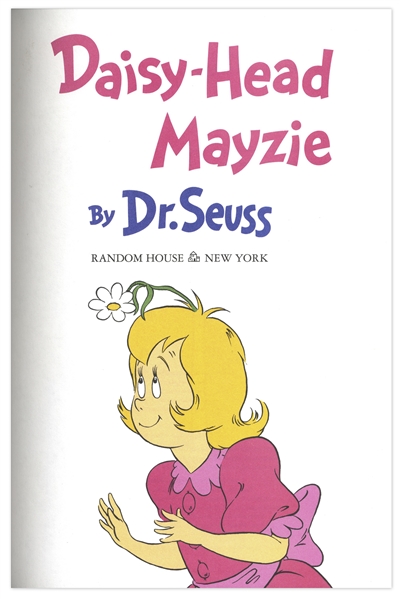
Is it because attacking old books is easier than making the social and economic changes that would improve the actual lives of real children and their parents? It doesn’t cost money to take a few volumes out of the classroom. Given these serious-and growing-problems, it’s not whataboutism to wonder why these old books get so much attention. Consider our de facto segregated public schools and neighborhoods, our crumbling de facto segregated public housing, our shocking rates of child poverty, ill health, and low literacy, and the shocking violence of everyday life to which so many children are exposed. However, of all the racist, sexist, classist things children are exposed to, decades-old children’s books seem pretty low on the list. Roald Dahl not only fat-shamed an overweight child in Charlie and the Chocolate Factory and portrayed the Oompa Loompas as happy slaves, he was so anti-Semitic his family felt it needed to apologize 30 years after his death. A friend who is reading her granddaughter The Secret Garden, one of her favorite books when she was in elementary school-and recently the subject of a movie adaptation-finds herself “cringing” at “racial elements and also class elements that are really awkward to explain to a 5-year-old.” And if the books are not problematic, the author may be. Some of that can’t be fixed with a few cuts. Classic children’s literature is full of racial, ethnic, class, and gender stereotyping, and the outdated language that goes along with that. If we really get serious about removing from the market, or dropping from the curriculum, or banning from polite society books of the past (choose your own words-just don’t say “canceling,” because cancel culture does not exist), there won’t be much left. White put it in a humorous poem at the time, “it’s my wall.”

It’s a bit too close to how Nelson Rockefeller felt about his right to destroy the socialist mural that Diego Rivera was in the midst of painting in Rockefeller Center. True, it’s a little odd to find progressives defending capitalist values, as if there were no considerations other than property rights where culture is concerned.

Seuss Enterprises, and if it doesn’t want to keep the books in print, that’s its privilege, just the way Amazon is within its rights to drop When Harry Became Sally and keep Mein Kampf. However, as many have pointed out, the rights are owned by Dr. How hard could it have been to replace the few offending pictures and words? Many other classic children’s books-Nancy Drew and the Hardy Boys, for example-have been quietly edited to remove racist content, and that’s good.


For the record, And to Think That I Saw It on Mulberry Street is a work of considerable genius, despite the offending cartoon of a Chinese man eating rice, and McElligot’s Pool is pretty great too, despite its use of the outmoded word “Eskimo,” complete with clichéd depiction of an Inuit in fur-lined parka.


 0 kommentar(er)
0 kommentar(er)
